TEHRAN (Bazaar) – Professor Paul Pillar, who was CIA intelligence analyst for 28 years, says there is only about a 50 percent chance of agreement coming out of the negotiations.
Pillar told Bazaar news agency that “If a future U.S. administration withdraws from the JCPOA, it would have to be that same administration that administers compensation. If that administration was going to violate the JCPOA itself, just as Trump did in 2018, why should we expect it to abide by any agreements about compensation?”
Following is the text of the interview:
Bazaar: The new round of nuclear negotiations between Iran and the other side has started in Vienna. What is your assessment of this round of negotiations?
Pillar: I would like to think that the parties would not be reconvening unless they had some reason to believe that progress is possible. But maybe the talks are reconvening only because the EU has put a draft on the table and everyone feels obligated to discuss it, whether or not there is a real prospect for agreement.
Bazaar: Some argue that the resumption of JCPOA negotiations after a 5-month hiatus could indicate that the informal talks during this period have opened up a space for progress and that all the negotiators have agreed to travel to Vienna and interact face-to-face. What is your assessment?
Pillar: That's the optimistic interpretation. But we simply don't know enough based on whatever word has leaked out of the informal talks to make a judgment about that.
Bazaar: According to some unofficial news, the negotiating team between Iran and the United States has made significant progress regarding the payment of compensation to Iran in case the United States withdraws from the JCPOA. Given that one of the important issues has been this issue, how do you evaluate the progress in this field?
Pillar: I don't understand how any such compensation would work. If a future U.S. administration withdraws from the JCPOA, it would have to be that same administration that administers compensation. If that administration was going to violate the JCPOA itself, just as Trump did in 2018, why should we expect it to abide by any agreements about compensation? Perhaps some of the other parties to the agreement could try to “compensate” in some way, but it is the U.S. that matters most.
Bazaar: Before the start of negotiations, Europe had presented a draft to exit the deadlock. Is this draft the basis of negotiations?
Pillar: Evidently so. That draft is probably the main reason talks are reconvening.
Bazaar: What is your prediction for the future of JCPOA?
Pillar: I would still say there is only about a 50 percent chance of agreement coming out of the negotiations. On the Iranian side, the more time that goes by, the less time there will be left for getting any benefit from sanctions relief before a possible new Republican administration comes in and again reneges on the agreement. That thought is certainly a factor in making the Iranian leadership hesitant to make whatever concessions would be necessary to reach agreement. Offsetting that factor is the bad state of the Iranian economy, which makes an agreement and associated relief from sanctions all the more necessary.

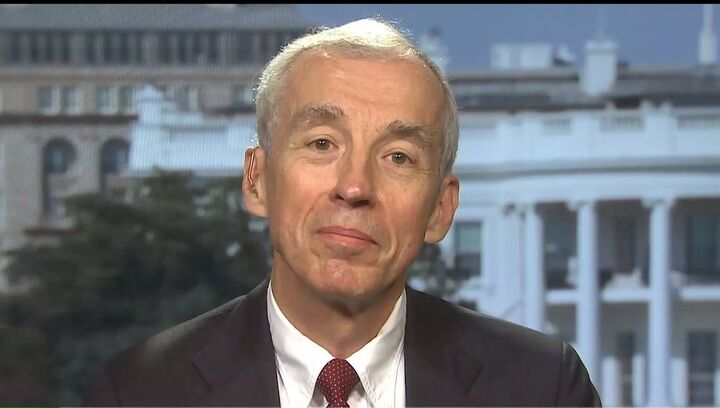




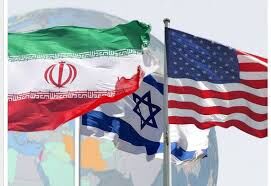




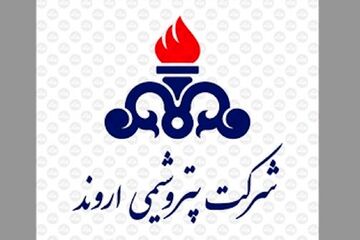
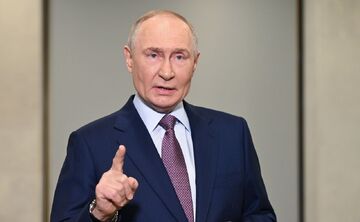
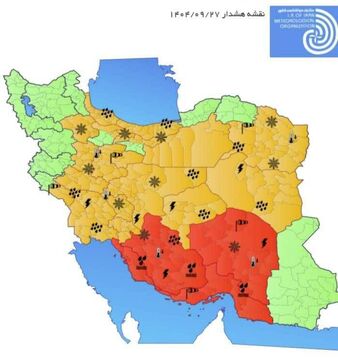


نظر شما